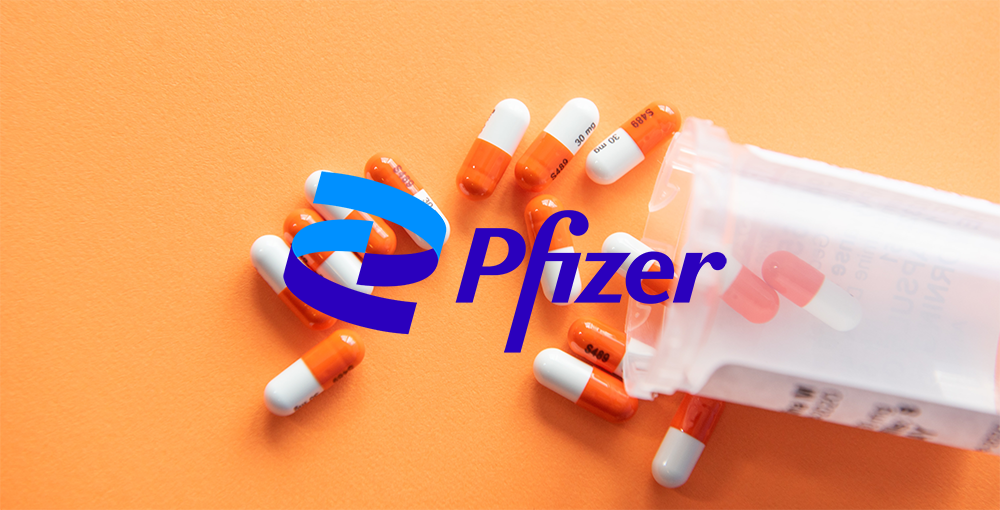Last week, Pfizer voluntarily recalled three of their hypertension drugs, including Accuretic, due to nitrosamine levels in the medication. Nitrosamine is common and safe in low amounts, but the drug pushed people above the acceptable daily intake limit, which increased the risk of cancer down the road.
The recall process for these drugs unfolded in the usual way – utter chaos. As a cardiologist, I have many patients on hypertension drugs, it’s a basic line of care for heart problems. One issue for us is that electronic health records do not allow a search of patients based on medications or lot numbers (if the medication just had a bad batch). Hence, physicians are not able to inform their patients about a drug recall. Sometimes, pharmacies will try to get in touch with customers because pharmacists can search based on medication names and lot numbers but pharmacists do not have the time or, often, the directive to follow up on recalls. Ultimately, it’s the patients that are expected to know about recalls and then inform their physicians and pharmacists.
So, if patients are the ones who are supposed to be the responsible party, how are they informed? First, the FDA puts out a release and posts recalls on their website dedicated to recall notifications. There are multiple recalls and withdrawals a month. For March alone, I counted 33 notifications on the site. Health trade journals and publications print drug recalls but who is the audience for these outlets? Certainly not the average patient.
Patients hear about some recall information, but there is no guarantee that every person will come across the information. It may take weeks for people to figure out they are taking a recalled drug.
The usual recall information outlets:
- The FDA
- Press release to news and other media.
- FDA weekly Enforcement Report
- FDA Twitter profile, @FDArecalls
- Manufacturer website, press release, and other media
- Dispensing pharmacies may call, mail, or email patients
- Trade journals and publications print recall information
Accuretic, Pfizer’s voluntary recall caught the attention of more mainstream news media, and the headlines led with “Cancer” risk. I was caught off guard because many of my heart patients need to be on hypertension medication. I was worried reading that headline would scare my patients into throwing their medication away immediately, which is a common response among the public when they hear of a recall. Stopping medication may not be medically advised. It’s a case-by-case basis. Hypertension is a disease that needs management, a sudden stop in medication could lead to poorer health outcomes, which is of great concern to me.
There is a better way.
RazorMetrics is taking the lead on this issue. We can incorporate recall information into the Intervention Codex, which already has the claims data for every client’s member. Following a recall, the platform alerts physicians immediately with a recommended switch that is covered by the health plan. All the physician has to do is sign off on the switch. We send the new script to the pharmacy and the patient is informed that they have a new prescription to be picked up immediately.
Using the RazorMetrics way, the right people are informed immediately, the change is made, there are no gaps in care, and no extra panicked calls to the physician or pharmacist. Clinical outcomes remain good because patients don’t have an interruption to their treatment.
Also, the cost of a new prescription can be handled with more care. Often, patients are reimbursed for a recalled drug, but they may have to bring the remainder of the medication back to the pharmacy. It’s important to get this information to the right people, in the right time, and the right way.




